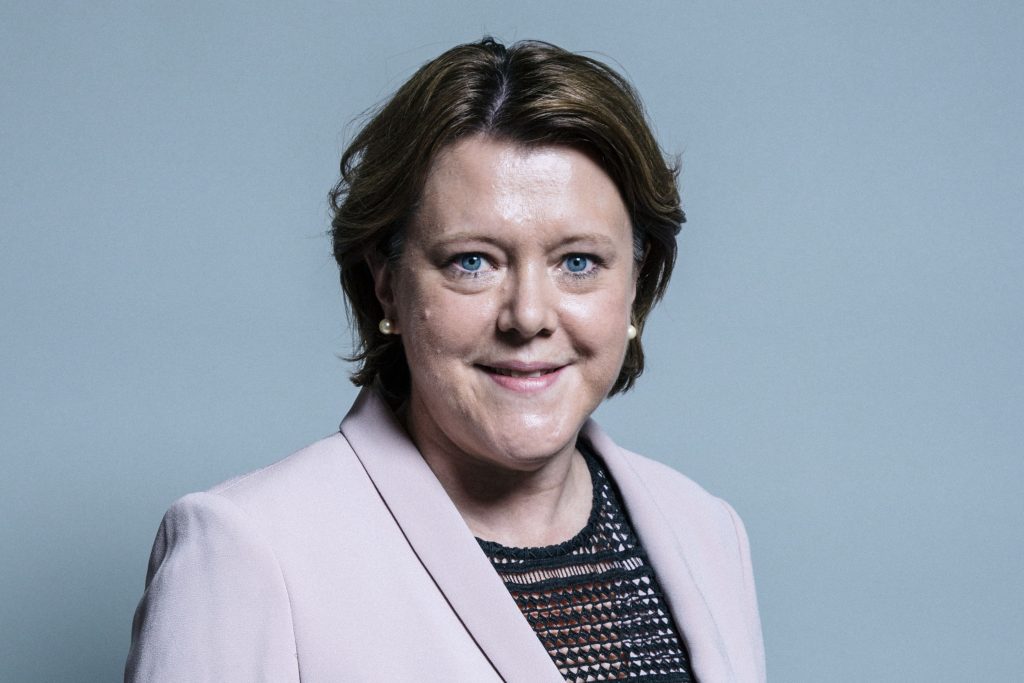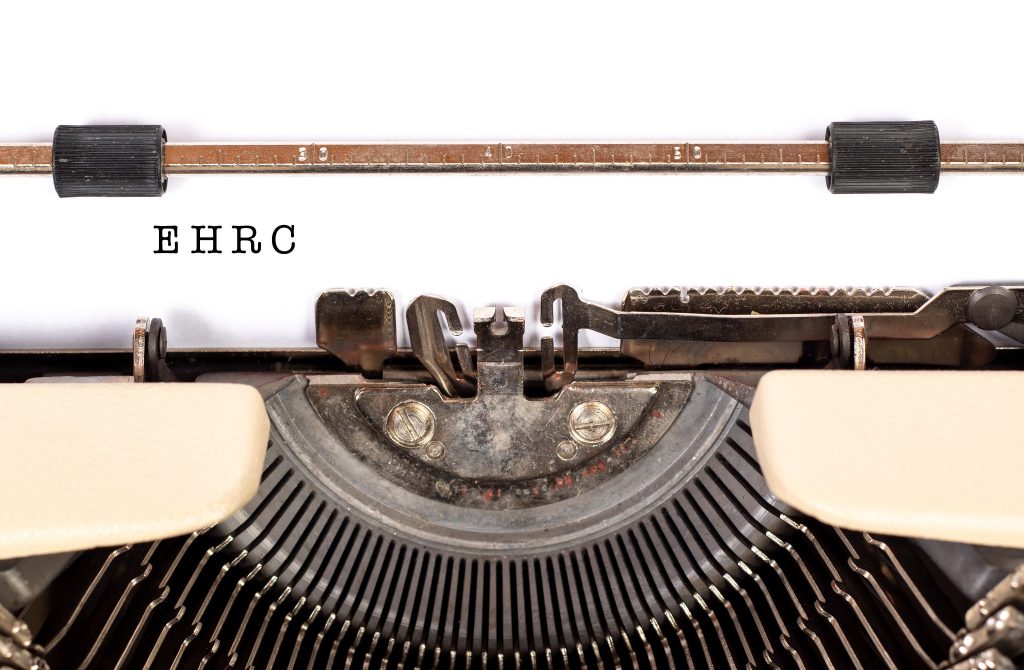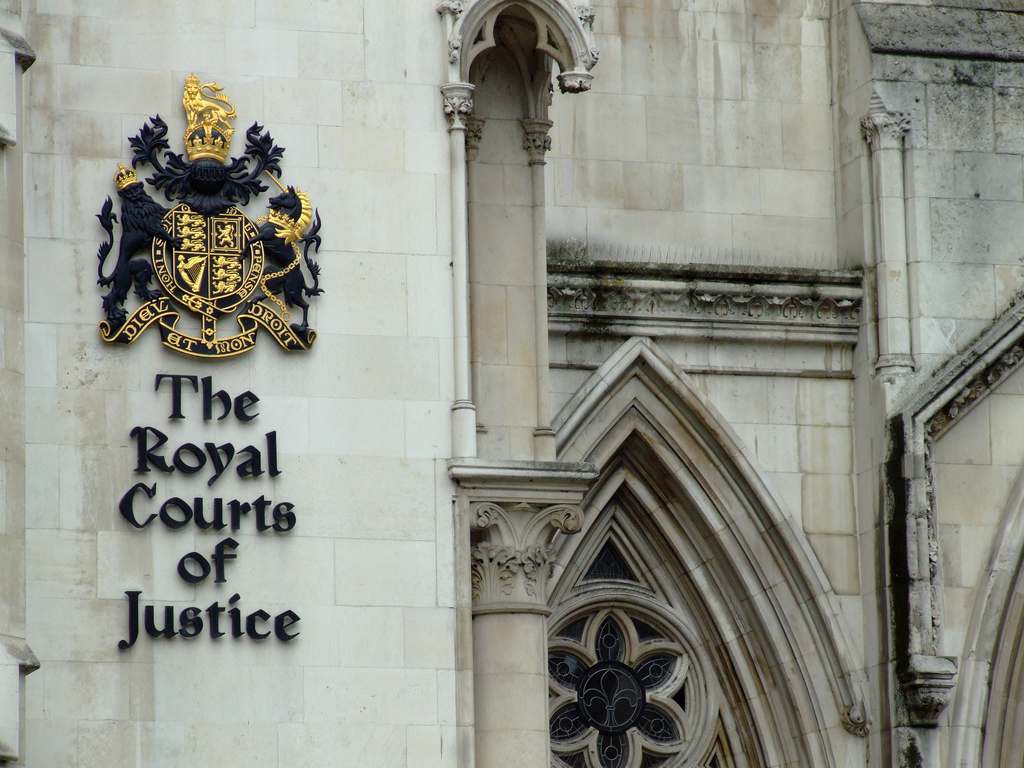The UK’s human rights watchdog “must overcome its timidity” in taking company bosses to court for unlawful discrimination, MPs have urged.
The Equality and Human Rights Commission (EHRC) must be bolder in using its ‘unique’ powers to become “the strategic enforcer that it and the Government say it should be”, according to the Women and Equalities Committee.
But an EHRC spokeswoman insisted the body is a “bold and robust defender of people’s rights” and has “doubled the amount of legal cases [it] has taken in the last few years”.
A report released by the parliamentary committee this week argues that “the burden of enforcement” currently lies with individual people to fight legal cases in which they have been discriminated against on grounds of disability or sex, among other protected characteristics.
Several inquiries – including on pregnancy and maternity discrimination and transgender equality – have revealed the difficulties these people have faced in upholding their rights under the Equality Act 2010 and “questioned the EHRC’s effectiveness”.
Enforcing Rights Is ‘Impossible’ For ‘Vast Majority Of People’
Image Credit: Pexels.
Among those who gave evidence to the committee was Esther Leighton, a wheelchair user in her early 30s.
She spoke of how she spent years of her early adulthood writing complaints to companies whose services she could not access due to her disability, such as the absence of wheelchair ramps, unaware that there was a law which protected her.
After exhausting all non-legal options, she took matters to county court for breach of the Equality Act 2010 – multiple times.
“I believe that the Equality Act should be at least partially, and ideally entirely, enforced by an external body (in a similar way to [health and safety] regulations) rather than individuals,” she said, in written submissions.
“It is impossible for the vast majority of people to understand and enforce their rights under the Equality Act,” she added. “For those who are able to do so, including myself, the enforcement is only ever partial and at great personal cost.”
What Does The Report Recommend?

Conservative MP Maria Miller is chairwoman of the Women and Equalities Committee. Image Credit: Parliament.uk.
The report argues for a “fundamental shift” away from individuals pursuing cases to the EHRC acting as a “sustainable deterrent” to tackle “institutional and systemic discrimination”.
Employers and service providers are not afraid to discriminate, knowing that they are unlikely to be held to account.
Maria Miller, Women and Equalities Committee Chairwoman.
While stating that individuals must still have the right to challenge discrimination in the courts, it argues for a new system of enforcement to ensure it is rarely needed.
To this end, the following steps are recommended:
- Develop a “critical mass” of previous cases to inform employers and organisations about their legal duties and make adhering to them a priority;
- Move away from relying on individual legal action to create precedents;
- Make obligations on employers, public authorities, and service providers explicit and enforceable;
- Ensure that all who have powers to change the way in which employers, public bodies and service providers operate use their powers to eliminate discrimination and to advance equality;
- The EHRC must refocus its work and be bolder in using its unique enforcement powers.
“Employers and service providers are not afraid to discriminate, knowing that they are unlikely to be held to account,” said Maria Miller, chairwoman of the women and equalities committee. “We need a critical mass of cases to build a culture where compliance with the Equality Act is the norm.”
“The EHRC must overcome its timidity. It has unique powers, limited resources and must use them for maximum impact.
“It should make regulators, inspectorates and ombudsmen not only key partners in creating a critical mass of enforcement action but also key targets for enforcement action when those same regulators, inspectorates and ombudsmen fail to meet their own equality duties.”
What Does The EHRC Say?

Image Credit: Trending Topics 2019 / Flickr.
An EHRC spokeswoman told RightsInfo: “We are a confident and robust defender of people’s rights and have had an impact on some of society’s most pressing issues, such as tackling sexual harassment and pregnancy and maternity discrimination.
“We have doubled the amount of legal cases we have taken in the last few years, helped more individuals and started a number of high profile investigations.
“Taking high profile cases, and our investigations into equal pay at the BBC and antisemitism in the Labour Party, show that we will use our powers without fear or favour to tackle injustices in our society.
“However, the best way to tackle the root causes of inequality and secure a fairer Britain is by using a combination of our research and policy expertise and our unique legal powers to expose discrimination, ensure public bodies and business comply with their legal duties and hold them to account.”
RightsInfo understands that the EHRC’s new strategic plan is set to focus on larger, longer-term interventions to achieve greater impact and make more use of its unique powers to ensure justice for those whose rights have been breached.








